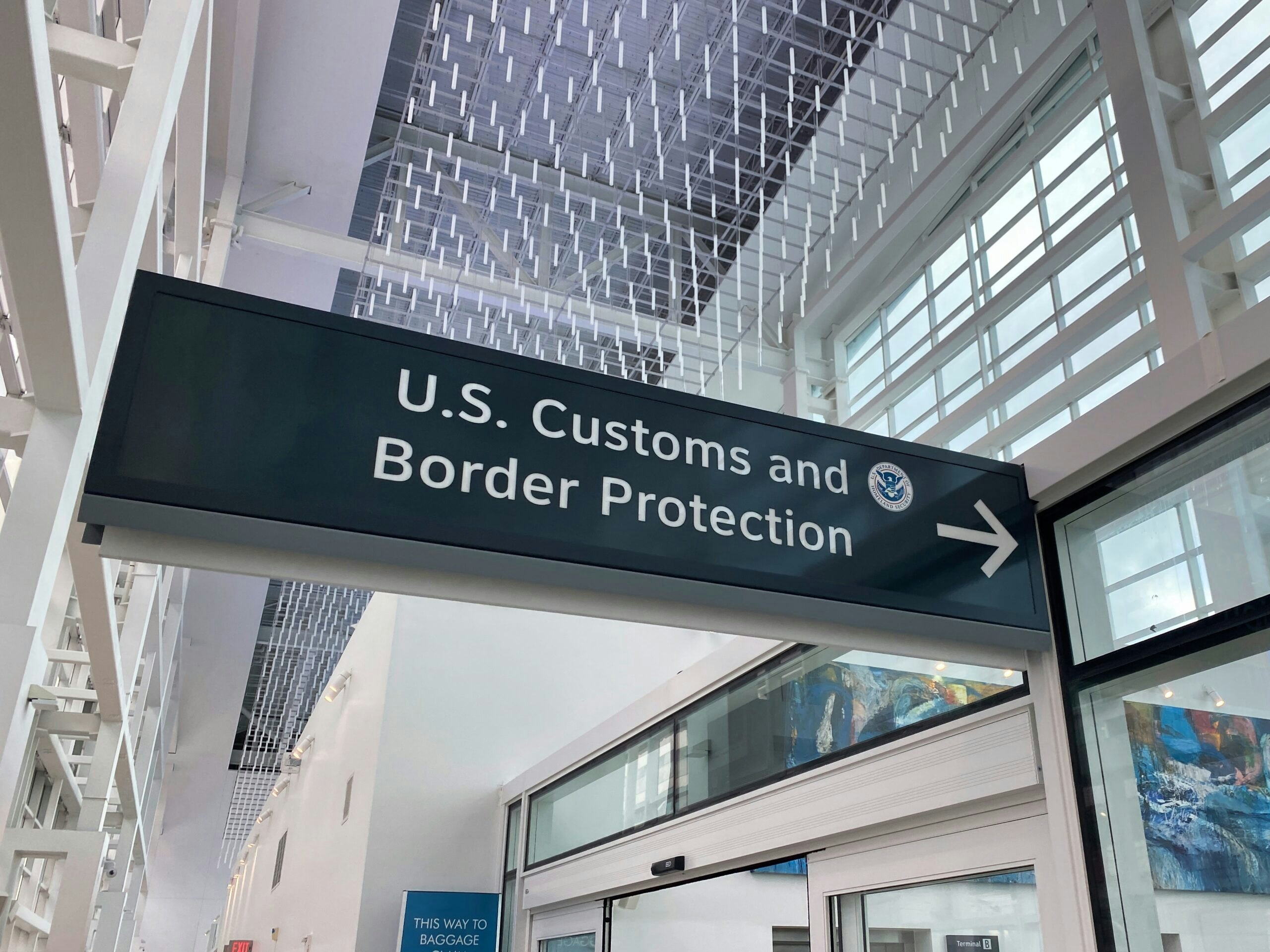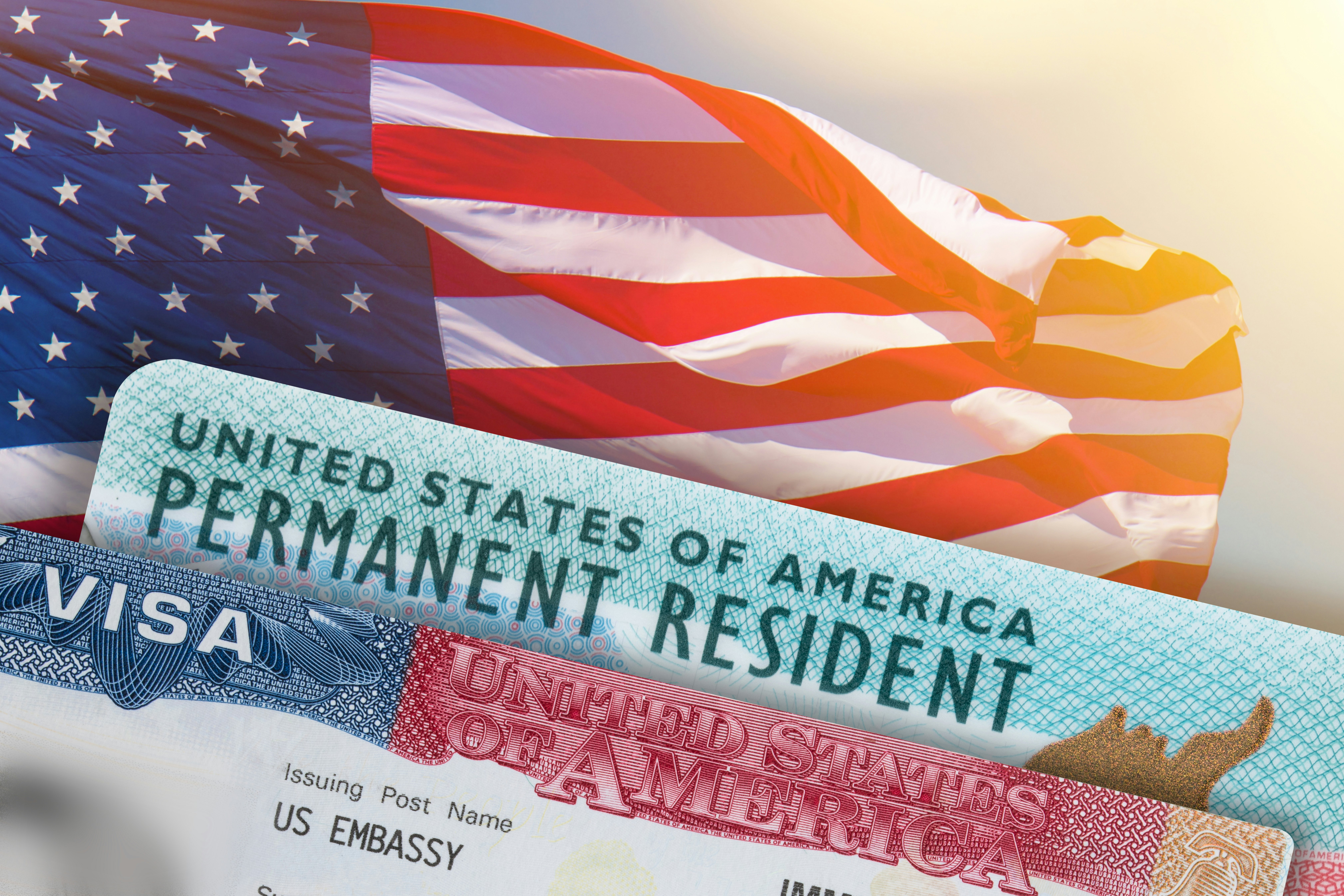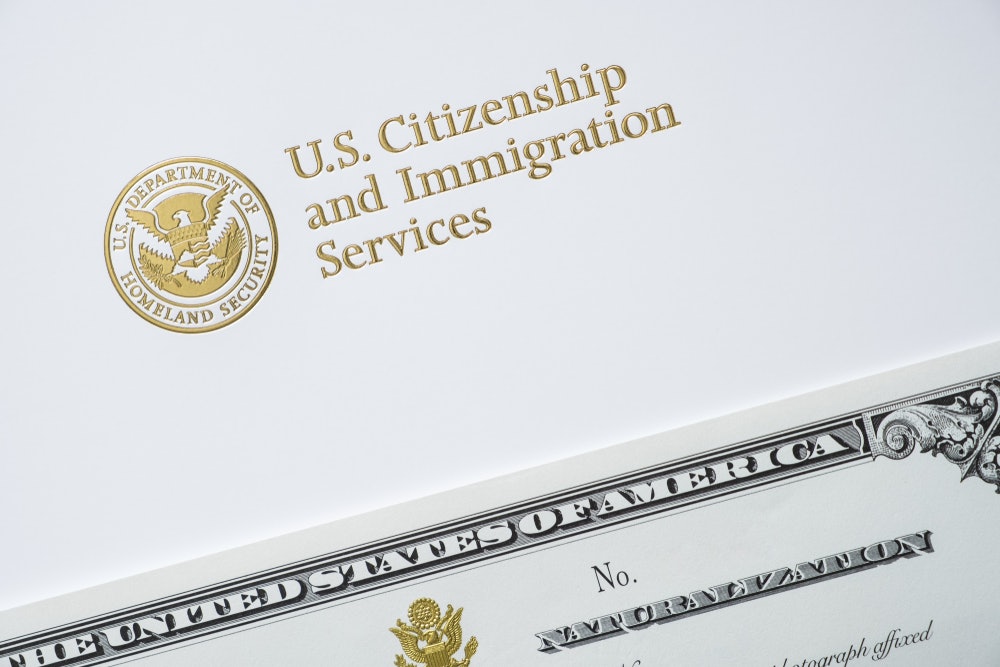Insights from Bush Institute immigration expert Laura Collins
NBC News reports that deportations remain below the pace promised by the Trump Administration, as the reality of funding, staff, and process limitations hinder the Department of Homeland Security’s ability to quickly remove immigrants. The administration has been trying to speed up removals in a few different ways, leading to a few high profile court cases. One of these tactics is self-deportation – making it difficult enough to live and work here as an undocumented immigrant that people will leave voluntarily. Customs and Border Protection even offers a mobile app to facilitate this.
President Trump recently mentioned a potential plan to allow immigrants who self-deport to return with legal permission to work. While few details are public – and the details will matter greatly to this proposal – providing legal avenues for immigrant workers is a step in the right direction.
What is still missing is a significant effort from Congress to build an immigration system that will bring in the additional workers we need and ensure our future prosperity, vitality, and security. The executive and judicial branches have already been busy in the early days of this administration. Congress remains too quiet.
Figure of the Month
$40 Million
That’s how much the U.S. government spent over six weeks to jail fewer than 400 migrants to Guantánamo Bay. The cost estimate was provided by the Pentagon to a Senate delegation that recently visited the facility. According to The New York Times, many of the migrants – at least half of whom were Venezuelans – were repatriated or returned to detention centers in the United States after short stays.
Data Drive
- The Trump Administration plans to spend $45 billion to expand immigration detention, a sixfold increase compared to the current budget. The Department of Homeland Security’s Immigration and Customs Enforcement (ICE) submitted a request for proposals seeking contractors to build new detention facilities and provide security, transportation, and medical services.
- A recent Pew Research Center survey found that Americans continue to have wide partisan disagreement on deportations.
- After talking to family members and reviewing court records, Reuters found that dozens of the 238 Venezuelans deported to El Salvador have scheduled immigration court dates. Civil rights groups allege that the deportees, many of whom have pending asylum cases and no criminal records, were taken away without due process. A recent Economist-YouGov poll found that just 15 percent of Americans and 32 percent of Republicans believe that all deported Venezuelans were gang members.
- Over 1500 student visas have been canceled in recent weeks. Inside Higher Ed is tracking them.
- Ending birthright citizenship would effectively impose a “birth tax” of $3,000 on each baby born in the United States. Updated estimates based on an earlier report from the National Foundation for American Policy (NFAP) show that families could face a $1,385 government filing fee to certify citizenship, along with legal expenses ranging from $1,500 to $10,000. On top of that, parents would likely be required to submit biometrics to the United States Citizenship and Immigration Services (USCIS) and bring their baby in person to a Social Security Administration office.
What I’m Reading
- Claiming that Afghanistan no longer meets the statutory definitions for Temporary Protected Status (TPS), DHS will let that designation expire in May. That Afghanistan might not meet the statutory requirements of TPS is questionable at best. You can read about just how bad conditions are there in my colleagues’ searing report, Captured State.
- NPR reports that the Internal Revenue Service (IRS) has reached an agreement to share sensitive taxpayer information with the U.S. Immigration and Customs Enforcement (ICE) in an unprecedented effort to identify and locate undocumented immigrants. Experts warn that the interagency data-sharing agreement would deter undocumented immigrants – who pay billions of dollars a year in taxes – from participating in the formal economy.
- It’s not just industries with undocumented workers impacted by the recent deportations. As Axios reports, some legal immigrants with work restrictions are nervous to show up to work, putting strain on an economy that is already short of workers.
- A CalMatters investigation found that Border Patrol had prior knowledge of a criminal or immigration history for only one of the 78 immigrant farmworkers it arrested in California in January. At the time of the operation, Border Patrol had alleged it had a predetermined list of targets with criminal or immigration history.
- The recent foreign aid freeze has halted many anti-narcotics programs in Latin America, especially the ones funded by the Bureau of International Narcotics and Law Enforcement Affairs (INL), which helps governments worldwide fight organized crime and drug trafficking.
- The Department of the Interior transferred 110,000 acres of federal land along the border to the Department of the Army to facilitate military patrols and infrastructure building along the border.
- This KFF study looks at the percentage of children in U.S. schools who may be impacted by increased immigration enforcement and tries to quantify the funding impacts. Given the attempted enforcement actions at Los Angeles elementary schools this month, this study is particularly timely.
Bush Institute Insights
- I recently spoke with NBC News reporters Suzanne Gamboa and Laura Strickler about the heightened vetting process that many green card applicants have been subjected to as part of President Trump’s executive order on immigration.
- I also joined Lauren Clarke’s Immigration Nerds podcast as a guest expert to discuss the Bush Institute’s 2025 policy recommendations on immigration reform.
- I wrote about the importance of respecting and using process in immigration policy – not only on enforcement, but also in achieving beneficial reforms.
- My brilliant colleague, Albert Torres, spoke with The Texas Newsroom about the recent Treasury Department geographic targeting order impacting money transfers to Mexico along the U.S. southwestern border.
Events
- April 24, 2025: Migration Policy Institute: Immigration Actions in First 100 Days of Trump Second Term
- April 24, 2025: Bush Institute: Forum on Leadership
- April 29, 2025: Rice University’s Baker Institute: Syrian Displacement and the Prospects of Return
- May 8, 2025: Rice University’s Baker Institute: The Future of North American Trade and Economic Integration
- May 20, 2025: American Enterprise Institute: Immigration and the Macroeconomy



























